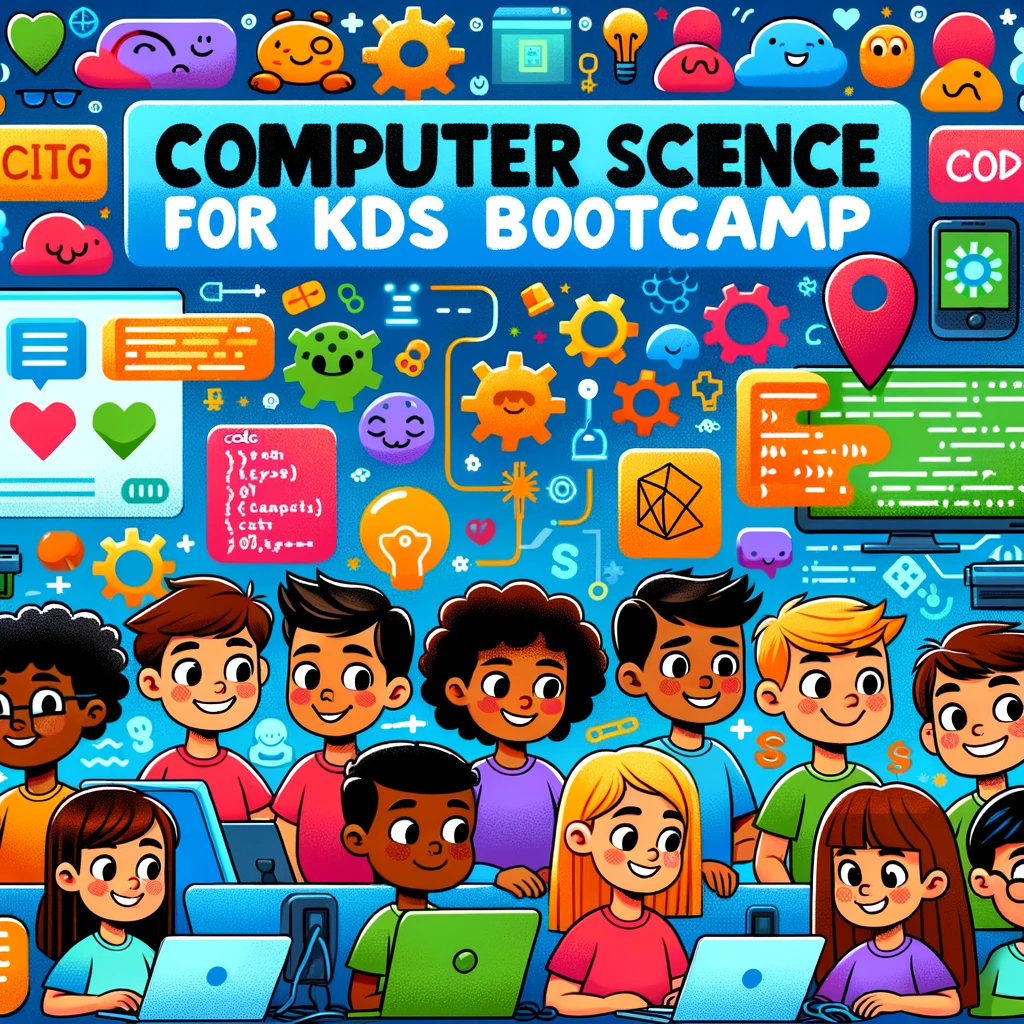Benefits of Learning STEM and Coding Skills for Kids

Tunde was an energetic boy with an insatiable curiosity. From the moment he could hold things in his tiny hands, he was always building—Lego castles, paper airplanes, even makeshift robots from scraps he found around the house. His parents, Sade and Ade, often marveled at how he could lose himself in his creations for hours, his mind whirring like the gears in a machine. But one day, Tunde came home with a new kind of excitement in his eyes, something even they hadn't seen before.
"Mummy, guess what!" he exclaimed, practically bouncing off the walls. "Bayo made a game on his tablet! He wrote something called 'code' to do it. Can I learn to do that too?"
Sade looked at her son, a smile tugging at her lips. But beneath the surface, she felt a wave of uncertainty. Coding? It sounded so... technical, so far removed from the traditional paths she had always envisioned for Tunde—paths like medicine, law, or perhaps engineering. Coding was something for tech wizards in distant lands, not for children like Tunde. But there was something in his eyes, a spark she couldn't ignore.
That evening, as the sun dipped below the horizon, Sade sat down with her husband Ade to discuss Tunde’s newfound interest. Ade, a steadfast man who had built a successful career in the oil and gas industry, shared her concerns. "Do we really want Tunde spending time on this?" he asked, his brow furrowed. "I mean, it sounds interesting, but where does it lead? Shouldn’t he be focusing on his schoolwork?"
But even as they voiced their doubts, both Sade and Ade couldn’t shake the feeling that they were standing at a crossroads. The world around them was changing at a dizzying pace. Kids like Bayo were not just playing games; they were creating them—building entire worlds on screens, using skills that were becoming as vital as reading and writing.
In the days that followed, Sade began to notice just how pervasive technology had become. Everywhere she looked, there were screens—smartphones, tablets, computers—and Tunde navigated them with a natural ease that both impressed and bewildered her. She watched him as he helped her with apps she struggled with, his fingers flying over the screen, and she began to see that his interest in coding wasn’t just a passing fancy. It was a window into a future that she and Ade were only beginning to glimpse.
One evening, Sade overheard Tunde talking with his uncle Emeka, who worked in IT. "Uncle Emeka," Tunde asked, his voice brimming with curiosity, "what’s coding really about?"
Tunde's Leap into the Future
The Coding Journey
Emeka smiled, his eyes lighting up. "Tunde, coding is like learning a new language. But instead of talking to people, you’re talking to computers. And just like learning different languages can help you understand the world better, coding can help you create things that can change the world. Imagine building your own app, designing a game, or even creating a tool that helps people solve problems!"
That conversation stayed with Sade. Coding wasn’t just about sitting in front of a computer, typing lines of mysterious symbols. It was about creation, innovation, and empowerment. It was about giving Tunde the tools to not just consume technology, but to shape it—to become a creator in a world that was increasingly driven by code.
The next morning, Sade shared her thoughts with Ade. "I think we might be missing something important here," she said softly. "What if this isn’t just a hobby? What if this is the key to his future?"
Ade nodded slowly, the weight of her words sinking in. He had always prided himself on providing for his family, ensuring that Tunde had every opportunity to succeed. But now he realized that success might look different for Tunde than it had for him. The world was evolving, and so too were the paths that would lead to success in it.
With a mixture of hope and trepidation, they decided to enroll Tunde in a coding class. It wasn’t an easy decision; it meant stepping into unfamiliar territory, embracing the unknown. But as they watched Tunde dive into his lessons, his eyes shining with excitement, they knew they had made the right choice.
What began as a simple interest in coding blossomed into something far greater. Tunde wasn’t just learning to write code; he was learning to think critically, solve problems, and create solutions. He was gaining skills that would equip him for a future they couldn’t fully imagine—a future where technology and creativity would go hand in hand.
Sade and Ade had always believed in the power of education, but now they understood that education needed to adapt to the times. Coding and STEM (Science, Technology, Engineering, and Mathematics) weren’t just for engineers or scientists anymore; they were becoming fundamental skills, as essential as reading and writing.
In the years that followed, Tunde’s skills grew. He began building apps, designing games, and even helping his friends learn to code. His confidence soared, and so did his dreams. He wasn’t just preparing for a career; he was preparing for a future where he could shape the world around him, one line of code at a time.
Sade and Ade watched with pride as their son stepped into a world of endless possibilities. The decision to embrace coding had taken them out of their comfort zone, but it had opened doors they hadn’t even known existed. Sometimes, the best decisions are the ones that challenge us to think differently, to step into the unknown with faith that we are preparing our children not just for today, but for tomorrow.
Written by : Linda Okolo




